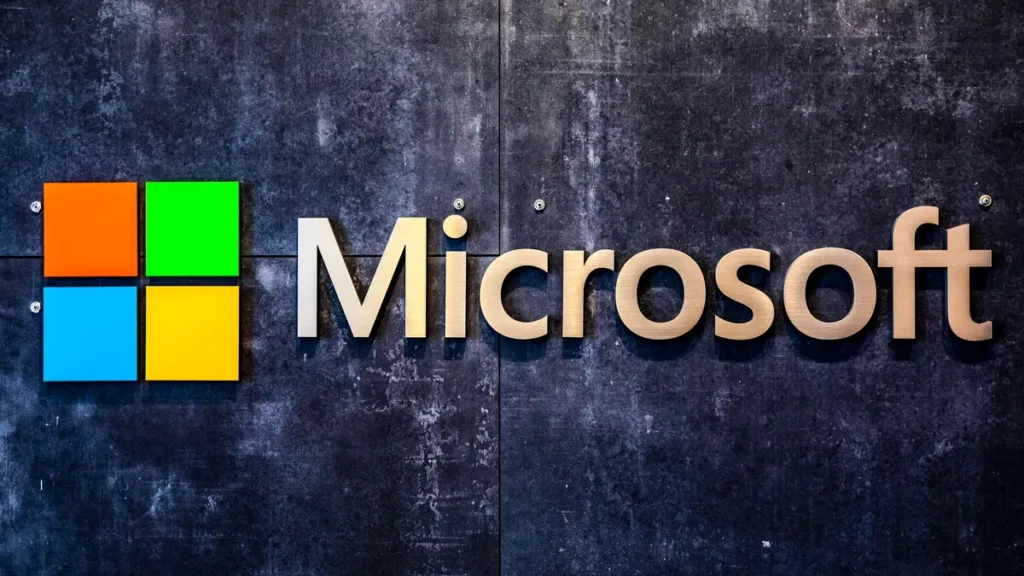Microsoft and CDR (carbon dioxide removal) solutions provider Neustark declared a multi-year offtake agreement, with Neustark issuing Microsoft with credits for removing biogenic carbon from biogas plants for storing in recycled construction materials.
Originating in 2019, Switzerland-based Neustark’s expertise practices recycled materials such as concrete from demolished buildings as perpetual storage for the CO₂ removed from the environment. The solution uses a mineralization process, through which seized biogenic CO2 from partnering biogas plants is liquified and transported to partnering construction waste recycling sites as an add-on to the existing recycling process. Neustark’s expertise triggers an enhanced mineralization process, thus binding the carbon dioxide permanently to the pores and surface of the granules. The fizzing granules can then be used by recyclers to build road and rail networks or to produce recycled concrete.
Neustark presently operates at 14 sites with a combined capacity of over 5,000 tons of carbon dioxide per year, to scale to capture one million loads of CO2 in 2030.
Under the new contract, Neustark will distribute 27,600 loads of carbon removal credits to Microsoft over 6 years. The corporation started collaborating with Microsoft in 2022 and obtains support as part of the “Microsoft for Startups” scheme.
Lisa Braune, Head of carbon dioxide removal solution provider at Neustark, stated that they turn the world’s biggest waste stream demolition material and other mineral waste material into a carbon sink. Their solution makes an impression as they have detached more than 1000 loads of CO2 to date, and they are also expanding our footprint speedily. Working with such carbon removal innovators as Microsoft significantly supports to scale of their impact and the carbon dioxide removal industry as a whole.”
The deal marks the latest in a growing series of carbon removal funds for Microsoft, forming part of the corporation’s initiative to become carbon-negative by 2030 and to eradicate all of its historical releases by 2050. Microsoft’s current carbon removal deals include large-scale nature-based carbon removal contracts.



